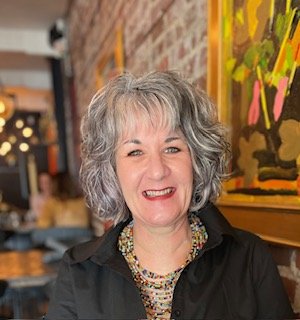Patient Stories
I Have a New Lease on Life
Becky was 16 when she first started showing signs of Lipedema. Her doctors at the time did not know what was causing fat deposits on her body. She was misdiagnosed several times before finally being diagnosed in her thirties with Lipedema in 2017. Her diagnosing physician told her nothing could be done about her diagnosis and provided no treatment options. Her disorder stayed at stage two and did not get worse for a long time, but the pain she experienced every day was severe.
In the past few years, her Lipedema has gotten progressively worse, so she did her own research and found a surgeon she trusted who recommended surgery as an option.
Although there is no cure for Lipedema, there are ways to manage the disorder. The US Standard of Care document recommends conservative therapies prior to surgery. There is some data on the safety and efficacy of surgery, but research is still evolving on its effectiveness.
Becky’s course of treatment, as recommended by her doctor, included Water-Jet Assisted Liposuction (WAL), a lymph-sparing liposuction. Becky underwent several surgeries to help treat her Lipedema, which she said, “gave me a new lease on life.
“I look at myself now and I can’t believe it is me, and how much this improved my quality of life,” said Becky.
As a research scientist, Becky, now 55, works in three different labs, putting in long hours and is constantly on her feet.
“Before a proper diagnosis and treatment, I would get home and be exhausted because the pain caused physical exhaustion. My legs would hurt, and [I felt] the fat was on my nerve bundles. I couldn’t sleep well for years because of the pain,” said Becky. “Now I’m sleeping, working out, and living without constant pain. It’s amazing.”
Becky emphasizes the importance of finding knowledgeable doctors who understand Lipedema and advises others to seek medical professionals familiar with the condition. (Find a Lipedema specialist here.) She encourages patients to educate themselves and seek support from online forums and communities. She also wants to make sure that patients realize some of their physicians may not be aware of the condition.“Your biggest advocates are going to be other people with the disorder,” said Becky.
Check out the LF Patient Self-Advocacy Guide to learn more about advocating for yourself.
“Your biggest advocates are going to be other people with the disorder.”

